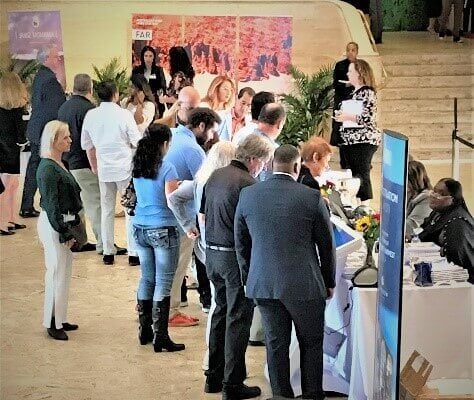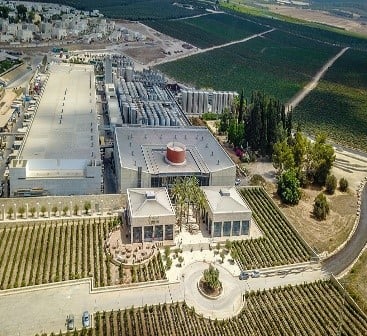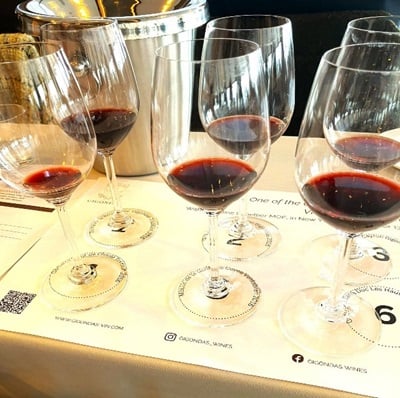As we delve into the complex relationship between war and wine culture, we should celebrate the unifying power of wine, particularly Israeli wine, as a symbol of peace.
By supporting wineries in conflict zones, fostering dialogue and understanding through wine education, and advocating for peaceful resolutions, we actively contribute to the cause of peace. Let us unite in our support for Israel and its winemakers, working towards ending conflict, one sip at a time.
Part 1:
Hamas Targets Jews: Impact on Israeli Wine Industry as Attacks Unfold
Israel. Prelude to October 7, 2023
Before October 7, 2023, Israel had cultivated a positive international image, merging its rich history and dynamic culture with its technological advancements. As a symbol of progress and innovation, Israel’s features were widely acknowledged and celebrated in the Middle East and around the world.
The tourism-perfect picture changed on October 7, 2023, at the Supernova festival.
Attended by 3,000 to 4,000 people in an open-air space in Israel’s Negev Desert, located approximately 3- miles from the Gaza border, the Rave included 16 internationally renowned DJs who intended to spin in darkness and light for 15 straight hours. The event was timed to celebrate the end of Sukkot, a weeklong Jewish fête commemorating the harvest and the period after the Israelites were freed from slavery in Egypt. The idea that anything dangerous or deadly would take place — even given the location so close to Gaza — barely crossed anyone’s mind.
Festival. A Celebration with Tensions
Sukkot is usually marked by lively parades, song, and dance. In 2023, a grand celebration was scheduled for October 7, featuring a Rave near the Gaza zone, aimed at fostering unity and peace amidst persistent conflict.
This courageous program based on love and joy, inadvertently turned empty desert-like space into a killing zone, destroying the lives of thousands of Israelis and turning the economy of Israel upside down. The Supernova festival was not just the worst Israeli civilian massacre ever, but the deadliest concert attack in history.
Hamas’s Genocidal Intention
Hamas, a militant group formed in the late 1980s, has caused ongoing tension in the region. Their manifesto with 36 articles details their goals, strategies, and explicit genocidal intentions towards Israel. To understand the complex dynamics between Hamas, Israel, and the Jewish people, it is important to examine Hamas’s core beliefs, including advocating for Israel’s destruction, promoting jihad, rejecting peace talks, and spreading anti-Semitic rhetoric. Khaled Mashaal, a Hamas leader based in Qatar, emphasized their hardline stance in a 2012 speech by stating that the state will only come through resistance and not negotiation. He also declared that Palestine belongs entirely to them and that they will never recognize the legitimacy of Israeli occupation. “There will be no concession on any inch of the land. We will never recognize the legitimacy of the Israeli occupation, and therefore there is no legitimacy for Israel… We will free Jerusalem inch by inch, stone by stone. Israel has no right to be in Jerusalem” (wilsoncenter.org).
Rejection: Moderation, Restraint, Negotiations, and Peace
The inflexible stance of Hamas, characterized by their refusal to engage in peace negotiations, exacerbates the violence and conflict. Their unwavering position hampers progress toward peace, posing a significant challenge for those trying to balance the intricate relationship between war and the economy. Addressing this issue requires a sophisticated strategy that embraces peace as a goal while acknowledging the brutal impact of Hamas attacks and the threat posed by Hamas terrorists.
© Dr. Elinor Garely. This copyright article, including photos, may not be reproduced without written permission from the author.
This is a 3-part series. Stay tuned for part 2.

Uncorking Investments in Wine Futures – Fun, Folly, or a Savvy Move? – IN MY PERSONAL OPINION





